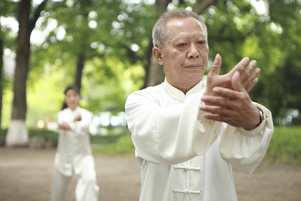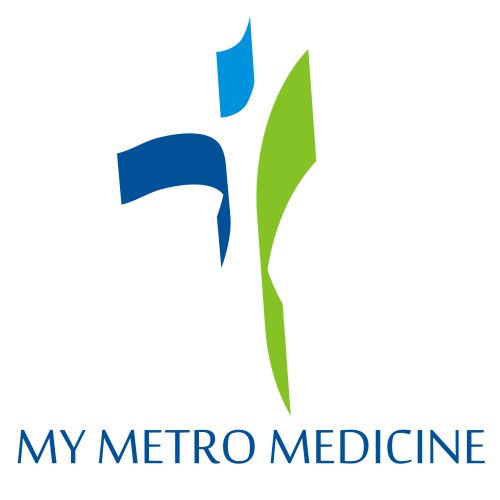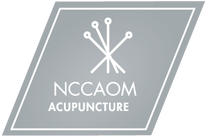Tai Chi was born as a philosophy, adopted as a martial art, and transformed into a widely-accepted and effective form of self-care and movement therapy for all.  Within the hustle and bustle of today's modern life, we are all searching for ways to escape. Escape the mundane routine we drag ourselves through each day, the unavoidable annoyances we encounter at work, the addictions to technology and social media that have flooded our lives and households, and the constant state of busyness we have inflicted upon ourselves. Is it too much to ask for just a little break? Absolutely not. For this is the purpose of Tai Chi in today’s society: an ephemeral antidote for all of the above. Tai Chi was born as a philosophy, adopted as a martial art, and transformed into a widely-accepted and effective form of self-care and movement therapy for all. Not to mention, it is frequently prescribed as such by doctors and healthcare practitioners around the world. Don’t just take my word for it; see for yourself. In recent years, the benefits of Tai Chi have been greatly magnified through the lens of scientific research to include the following (NIH, 2015):
Although many more benefits do exist beyond general physiological adaptations, the research lens becomes a bit blurry when attempting to focus in on them. For example, here are a few of my own personal benefits I have experienced over the past almost two decades:
Nowadays, there is more and more talk about the interference of technology in our daily lives and the constant stresses at work that lead to life-threatening conditions that have flooded emergency rooms, filled appointment schedules at health clinics, and generated monstrous wealth for pharmaceutical companies. In fact, “90 percent of visits to primary care physicians are stress-related.” Also, “over 60 percent of American workers say their jobs are a significant source of stress and it’s leading to an increase in heart disease, insomnia, obesity, hypertension, depression, and decreasing your life expectancy.” (Lippe, 2015) "Non-communicable diseases are the leading causes of death globally, killing more people each year than all other causes combined..." Tai Chi can be beneficial in helping people with many types of health concerns. More specifically, there exists a category of diseases that could potentially be eradicated by instituting a regular Tai Chi practice in one's day. This category is referred to as non-communicable diseases (NCDs); diseases which are typically preventable by the individual who contracts them. It is known that “NCDs are the leading causes of death globally, killing more people each year than all other causes combined . . . .” (Clements, Coady, Gupta, 2012) Think about this for a second. Diseases we inflict upon ourselves are killing more people on the planet than any other disease. Look a little further and you may also come to the realization, like I have, that as a result of these NCDs, we are the cause of packed waiting rooms, higher out-of-pocket costs, and an extraordinarily large national debt. So, I have one question for you. Do you wish to continue to be part of an immensely growing problem or will you choose to step out of these packed waiting rooms, save a vast amount of money, and help turn our nation’s healthcare around by taking responsibility for your own health? I hope you will join us by answering with a resounding Yes! If you wish to experience the life-changing benefits of Tai Chi and begin making a difference in your health and ultimately our nation’s healthcare, then join My Metro Medicine for either a private Tai Chi class or keep your eyes peeled for our new Tai Chi group to be announced on our website this week which will start in October 2015! We look forward to helping you step into this new world of health, balance, and self-empowerment. Live well, Sign up for our newsletter today! Justin is a licensed and board-certified Acupuncturist, Tai Chi and Qigong instructor, and the owner of My Metro Medicine. He has been practicing and teaching Tai Chi and other martial arts and has been working in the healthcare industry for nearly 20 years. He is a multiple-time national champion in martial arts as well as a renowned teacher in the Washington, DC area. For more information, please see his biography here. Sources: Clements, Benedict; Coady, David; and Gupta, Sanjeev, The Economics of Public Health Care Reform in Advanced and Emerging Economies (Washington, D.C.: International Monetary Fund, 2012), 5. Lippe, Jordi, "Study says workplace stress is as bad as secondhand smoke: Tips on how to cope," Today, September 10, 2015, http://www.today.com/money/study-says-workplace-stress-bad-secondhand-smoke-tips-how-cope-t43156. "5 Tips: What You Should Know About Tai Chi for Health", NIH, last modified August 21, 2015, https://nccih.nih.gov/health/tips/taichi.
0 Comments
Leave a Reply. |
Posted here are...inspirational ideas on healthy living through eastern medicine, optimism, and possibility through empowerment. Archives
March 2020
Categories
All
|
HOURS & LocationMondays-Thursdays 5:30-6:30pm (Tai Chi & Qigong only)
Fridays 5:00-6:00pm (Tai Chi & Qigong only) Saturdays 1:00-6:00pm (Acupuncture only) |
CONTACT Us |


 RSS Feed
RSS Feed



